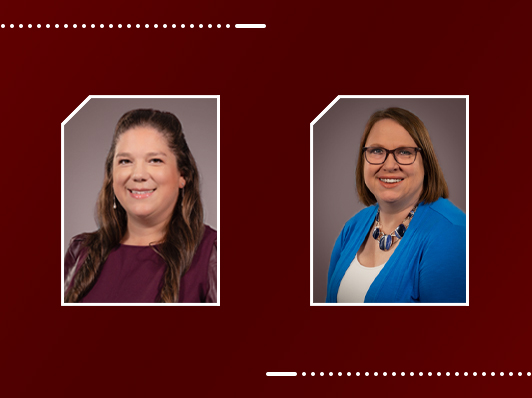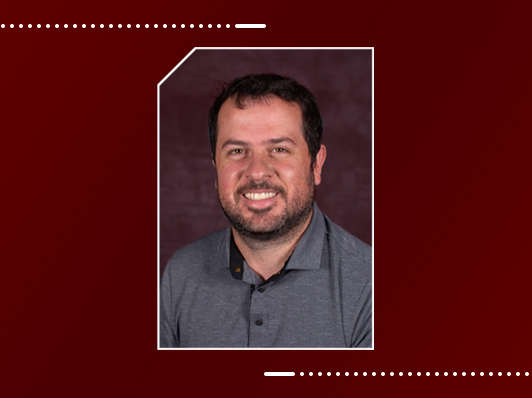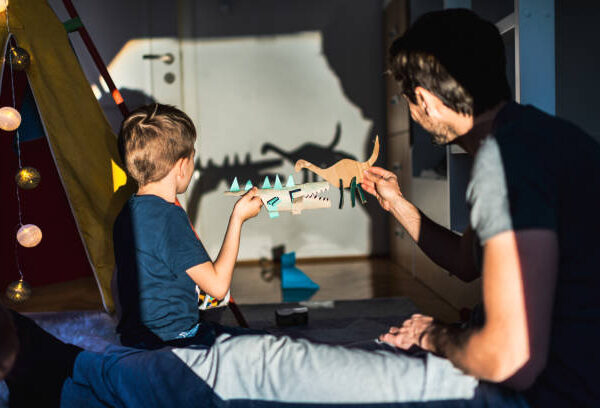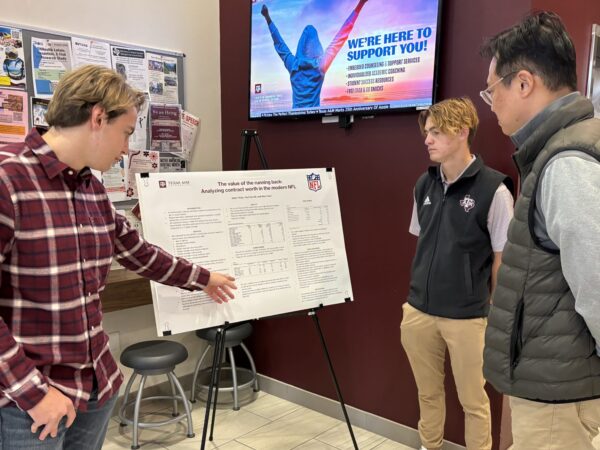Supporting Teachers in the Face of COVID-19 through Virtual Professional Learning Communities
By Sharon de Marin and Matthew J. Etchells
During COVID-19, the Education Leadership Research Center has been working to increase collaboration between coaches, mentors and educators virtually. Dr. Beverly J. Irby, Director of the ELRC said, “We have gone to a higher level by meeting both professional development needs of educators across the United States and their social-emotional needs through virtual professional learning communities in the face of COVID-19.”
Virtual Professional Learning Communities include teacher leaders from across Texas and from different states, teaching assignments and backgrounds. Each VPLC uses reflective practice in a model developed by Brown and Irby in 2001.
“The LEADER model uses our framework of leading question, engagement, action research, discussion, examples, and reflection with a focus on transformation of instruction and building instructional capacity. And we know this model is highly effective in supporting and developing reflection in teacher leaders and administrator,” Irby said.
Teacher leaders are using the discussion, examples and reflection of the LEADER model to find creative ways to transform their instruction and that of others. Conversations built around the LEADER model in our current new normal provides a platform that aids teachers to meet students’ needs in home learning environments; this is something teachers were never prepared to do.
Dean Joyce Alexander said the LEADER model serves as a format for our teacher leaders to share, define challenges, determine sphere of teachers’ influence and leadership, find solutions and teach in an unprecedented time.
Sharon de Marin, research specialist, commented, “VPLC teachers are reporting that they feel empowered with the connections they are making.”
As schools abruptly closed without action plans, Amy Crew from southeast Texas shared with her VPLC how her district responded. “Our students without internet were able to receive paper packets of work and parents were given designated days to pick them up. If parents could not come, district police officers and staff dropped them off on porches and in mailboxes. We additionally mailed work packets to students’ homes. We had staff that were assigned Google phone numbers as sort of hotlines for students to call to get assistance on work as well.” Crew’s comments sparked ideas among other teachers facing similar challenges.
Across the United States, educators are finding innovative ways to meet the needs of their students as Virginia Gallegos, a teacher in New Mexico shared, “We are providing laptops for students in Advanced Placement courses so that they can continue to prepare for their exams for college credit.”
In southern California, Melissa Miranda commented that, “My district is serving students with disabilities by providing online instruction, managing daily schedules and supporting caregivers to ensure continued learning.”
Rebecca Vuyovich in rural Mississippi stated, “I gained strength hearing how other teachers and their districts in the nation are coping with so many new challenges.” Other teachers from California, New Jersey, Texas, Alaska, Arkansas, Iowa, Utah, North Carolina and Mississippi have shared their stories of how their campuses are moving forward, but more than that, they have shared support for each other in the face of COVID-19 that has impacted all of us.
The APLUS project, funded by the U.S. Department of Education, continues to focus on meeting the needs of educators across Texas and the U.S. during the COVID-19 pandemic.
For more information on how to be involved in a professional learning community, contact Dr. de Marin at sharon.demarin@tamu.edu.
For media inquiries, contact Ashley Green.
Fundraising
To learn more about how you can assist in fundraising, contact Amy Hurley, Director of Development ahurley@txamfoundation.com or 979-847-9455












